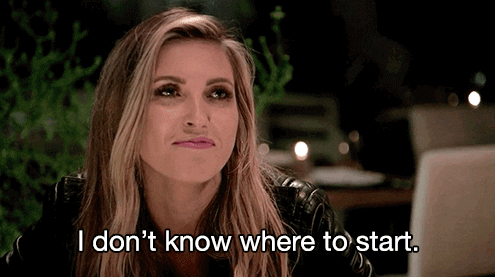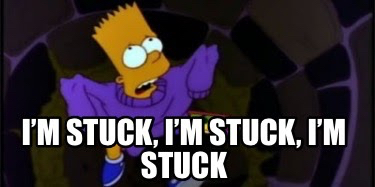This is a free preview of a subscribers-only post.
“Real consciousness implies the impossibility of perceiving the ‘untested feasibility’ which lies beyond the limit-situations. But whereas the untested feasibility cannot be achieved at the level of ‘real [or present] consciousness,’ it can be realized through ‘testing action’ which reveals its hitherto unperceived viability.”
—Paulo Friere, Pedagogy of the Oppressed
Hello, gorgeous! Welcome back to another installment of The Long Conversation!Want to write a new nonfiction essay but don’t know where to start, huh? Well, our last two posts dealt with two key opportunities (and emotional challenges) we all have in writing: finding your voice and writing without shame. If you’ve read those, you’ve made a lot of progress in getting your next writing project going!
I shared exercises in our last posts, but this week, it’s time to really put our theory to work. I’ve got your keyword brainstorming exercises, your freewriting exercises, a TON of prompts I love, and even more suggestions to get your ideas flowing and get out of your own way!
You can and should turn back to this post as much as you need to, whenever you need to. This is a paid post for subscribers, so click this button if you want to get the goods!
First things first
This is not a step-by-step manual, but a collection of prompts, exercises, and get-out-of-your-own-way-isms to help find your next essay idea. Read through the whole thing before you get started, and over time, try everything. You may decide that keyword brainstorming followed by freewrites works every time, or you may prefer starting with freewrites and using the list of questions as a prompt instead of a keyword.
Before you take on any of these exercises, get out of “work” mode. Writing by hand is often the best way to get out of the judgmental space of our work lives and enter into a more creative “flow” state. If writing by hand is not available to you, use whatever tool you’re comfortable with, but try changing up your location. If you normally work in a certain area of your house, try moving to the kitchen, the couch, the bed, or the backyard. If moving isn’t available to you, no problem—take a slow breath and close your eyes for thirty seconds, setting an intention for what you want to get out of the next hour or five minutes of writing.
I’ll help you, little buddy.
Keyword brainstorming
- Grab a piece of paper and a pen or pencil. If writing by hand is not available to you, use whatever tool you’re comfortable with.
- Brainstorm ten keywords related to a subject or feeling that has interested you or occupied space in your mind lately or at some time in the past, or perhaps something that’s been in the news and is occupying space in the world or in a field you’re interested in. But caution: these should be very large concepts, like “sustainability,” “productivity,” “soul,” “hero,” “art,” and “honesty.” Think BIG.
- For each keyword, free associate for five minutes, surrounding the keyword with other words and thoughts that come to mind.
- Reviewing your free association work, focus in on one keyword that has the most interesting material around it.
- Looking at that keyword and its surrounding material, write down five questions related to what you’ve laid out.
- Try the mining process: Looking at everything you wrote down around your first keyword, choose one of the words or phrases and spend five more minutes writing free-associative concepts and thoughts. Keep going for as long as this feels productive.
- Do not judge yourself or stop yourself from writing something down no matter how absurd or seemingly unrelated to the initial keyword. This exercise is not about controlling the direction your notes take. Be a boat on the sea of your mind, and let the wind (your whims!) carry you.
- Whether or not you’re writing by hand, this exercise may be more about lists than word clouds, and that’s okay! Some brains work in lists, some work in space. You may even find yourself doodling instead of writing, and that’s just fine—doodles are feelings. Just record what occurs to you or the feelings that come up as you stare at these big concept words, and don’t judge whatever it is.



